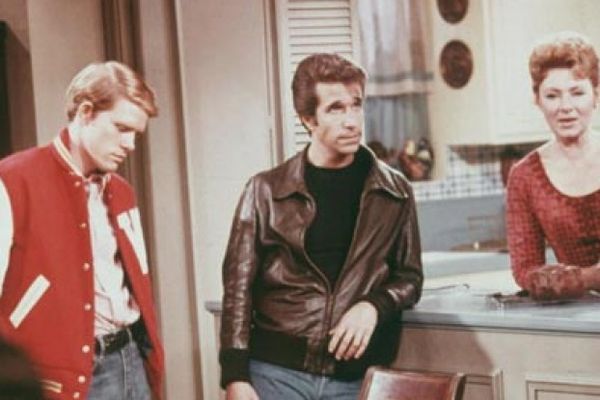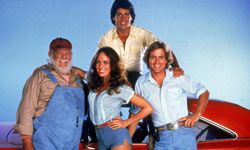We all have our favorite TV programs, from half-hour cartoon comedies to hour-long dramas. But has one of your favorite shows ever faced cancellation? When a show gets low ratings, networks will often try changing time slots and upping their marketing game to get more viewers. Other times, it feels like someone at the network has it in for your favorite show. No matter what the reason, sometimes even the best shows don't pull the viewership they need to keep them on air. It might seem hopeless when your favorite show is going to be canceled, but that's not always the case -- there are things you can do to help your shows stay on the air.
Fans have more power than you might think, and the long history of fans saving their favorite shows from being canceled starts in the 1960s. While networks place a lot of weight on Nielsen ratings, they're not the only determining factor in the lifespan of a show. Some shows have even come back years after cancellation, thanks to fan loyalty.
Advertisement
While strong fan-organized campaigns have saved quite a few shows from the chopping block, that's not always all it takes to keep a TV show from being canceled. Let's take a look at the elements that have worked in the past to save shows from cancellation or resurrect canceled shows that were beloved by fans.




